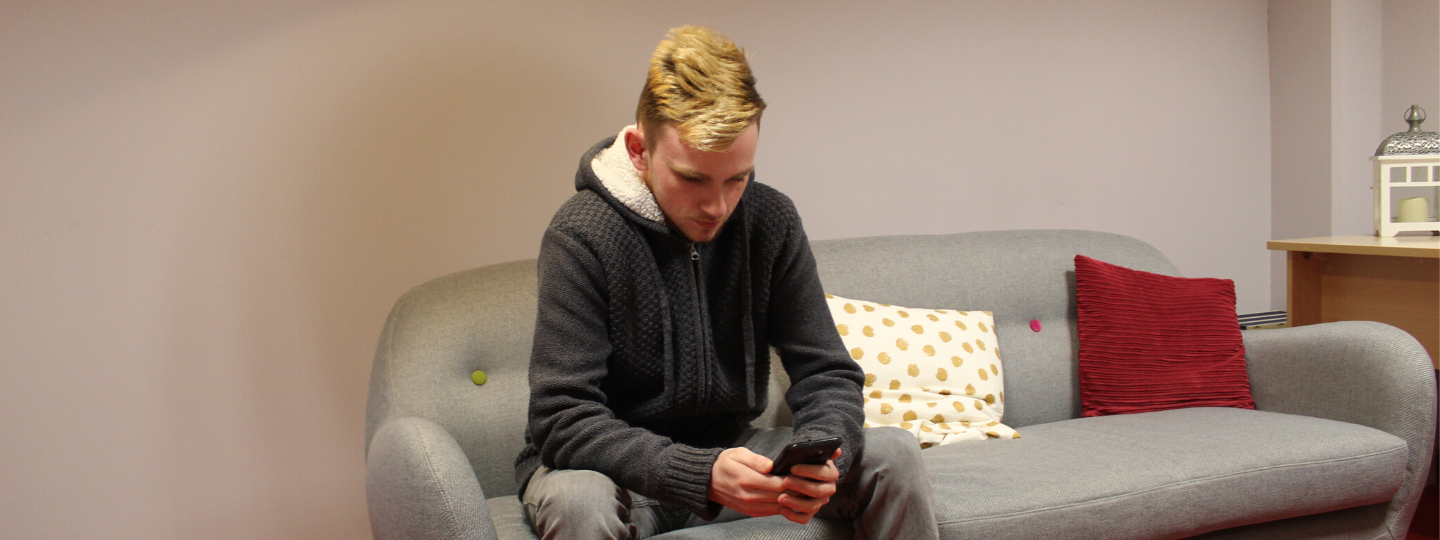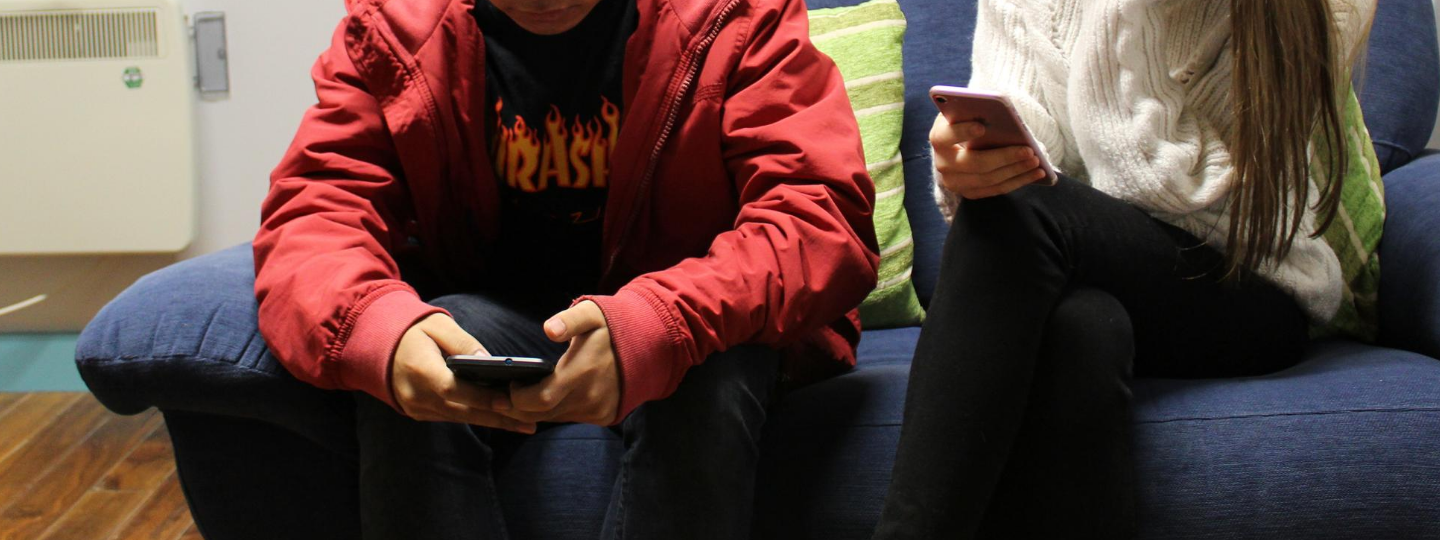In the last few years, cyberbullying has become an umbrella term for lots of negative behaviour online.
What is cyberbullying?
Essentially cyberbullying is bullying online, and it can take many different forms. Sometimes it is easily recognisable and others not so much.
It can be 24/7 with seemingly nowhere to get away from it. One of the drawbacks of the connectivity in our pockets is we’re always accessible.
Generally, cyberbullying doesn’t happen in isolation. It tends to be a part of traditional bullying. The bully is often someone known to the person on the receiving end of it. This is even if the activity seems to be done anonymously.
Cyberbullying can take obvious forms such as name calling, putting someone down or abusive comments on posts, images or videos. Then there are less obvious forms, only really felt and understood by the person on the receiving end of it.








